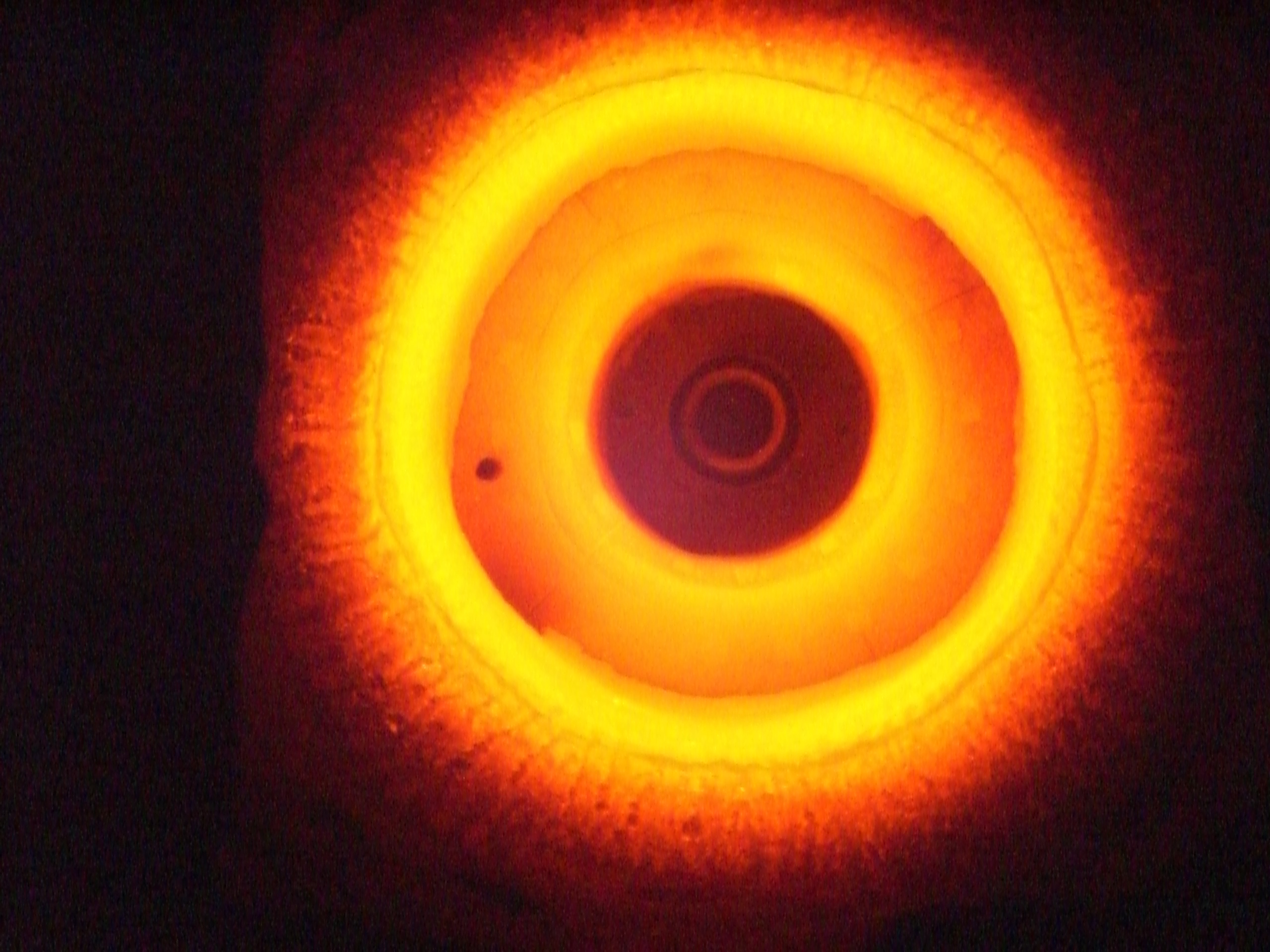Brennertechnik / burner technology

Moderne Brennertechnik – Primärmaßnahmen sind preiswert und kostensparend
Die Anforderungen an industrielle Brenner sind in den vergangenen Jahrzehnten stetig gestiegen. Betreiber moderner Feuerungsanlagen stellen zu Recht sehr hohe Anforderungen an Effizienz und Verfügbarkeit. Der Schutz der Umwelt und die daraus abgeleitete Emissionsgesetzgebung zwingt zur Einhaltung immer niedrigerer Schadstofffrachten im Abgas. Investitions- und Betriebskosten sowie die Wartungsaufwendungen für die Anlagen sollen niedrig sein und bleiben – bei steigenden Anforderungen an die Flexibilität und Verfügbarkeit. In der Zukunft kommt bei Gasfeuerungsanlagen durch die geplante Zumischung von Wasserstoff in Erdgas eine weitere Komplexität hinzu, welche Kompensationen durch ent-sprechende Mess- und Regelungstechnik erforderlich machen wird.
Low-NOx-Brenner und Ultra-Low-NOx-Brenner funktionieren aufgrund dieser Anforderungen nur in einem perfekt aufeinander abgestimmten Anlagenumfeld. Bereits kleine Suboptimalitäten bei der Planung bzw. Auslegung von einzelnen Komponenten oder in der Gestaltung der Peripherie können zu Funktions-störungen, eingeschränkter Verfügbarkeit oder Überschreitungen von Emissions-grenzwerten führen.
Instabile oder asymmetrische Flammenausbildung, Pulsationen bzw. Vibrationen von Anlagenteilen oder erhöhte Schallemissionen sind unangenehme Begleiterscheinungen und treten häufig sowohl bei Umrüstungen als auch bei Neuanlagenerrichtung auf.
Die Ursachenanalyse setzt viel Erfahrung und Detailwissen in den Fachgebieten Strömungsmechanik, Thermodynamik, Reaktionskinetik und Brennstoffchemie voraus. Die Abstimmung der Brennstoffaufbereitung, der optimalen Mischung von Brennstoff und Oxidationsmittel und rezirkuliertem Abgas sind wichtig für einen perfekten Ablauf des Verbrennungsprozesses.
Das Expertenwissen von IBIFA stützt sich auf 30 Jahre Tätigkeit in der Entwicklung industrieller Gas-, Öl- und Staubbrenner sowie der Beurteilung technischer Machbarkeit mehrerer Hundert industrieller Großprojekte mit hoher verfahrenstechnischer Komplexität. Vervollständigt wird die Expertise durch die Planung und Durchführung einer Vielzahl von Optimierungsmaßnahmen an Brenner- bzw. Feuerungsanlagen sowie der Erarbeitung von Strategien zur Steigerung der Anlagenperformance, die sich aus der Systemanalyse ableiten.
Modern burner technology - primary measures are inexpensive and cost-saving
The requirements for industrial burners have steadily increased over the past decades. Operators of modern combustion plants rightly have very high demands on efficiency, availability and emission performance. The protection of the environment and the derived emission legislation force compliance with ever lower pollutant levels in the flue gas. Investment and operating costs as well as the maintenance costs for the plants should be and remain low – with increasing flexibility and maximum availability. In the future, additional complexity will be added to gas firing systems through the planned addition of hydrogen to natural gas. That will require appropriate measurement and control technology for compensation.
Low-NOx burners and ultra-low-NOx burners only work in a perfectly coordinated plant environment due to these requirements. Even small sub-optimality’s in the planning or design of individual components or in the design of the periphery can lead to malfunction, limited availability or exceeding of emission limits.
Unstable or asymmetric flame formation, pulsations or vibrations of plant components or increased noise emissions are undesirable effects and often occur during conversion projects as well as during the construction of new plants.
Root cause analysis requires a lot of experience and detailed knowledge in the fields of fluid mechanics, thermodynamics, reaction kinetics, and fuel chemistry. Tuning the fuel processing, the optimal mixture of fuel and oxidant plus recirculated flue gas are important for a perfect combustion process – and for optimal emissions.
The expertise of IBIFA is based on 30 years of experience in the development of industrial gas, oil and dust burners in the power range of 1 – 80 MW and the technical feasibility assessment of several hundred major industrial projects with high process complexity. The expertise is complemented by the planning and implementation of a large number of optimization measures for burner and combustion plants as well as the development of strategies for increasing plant performance, which are derived from the system analysis.
